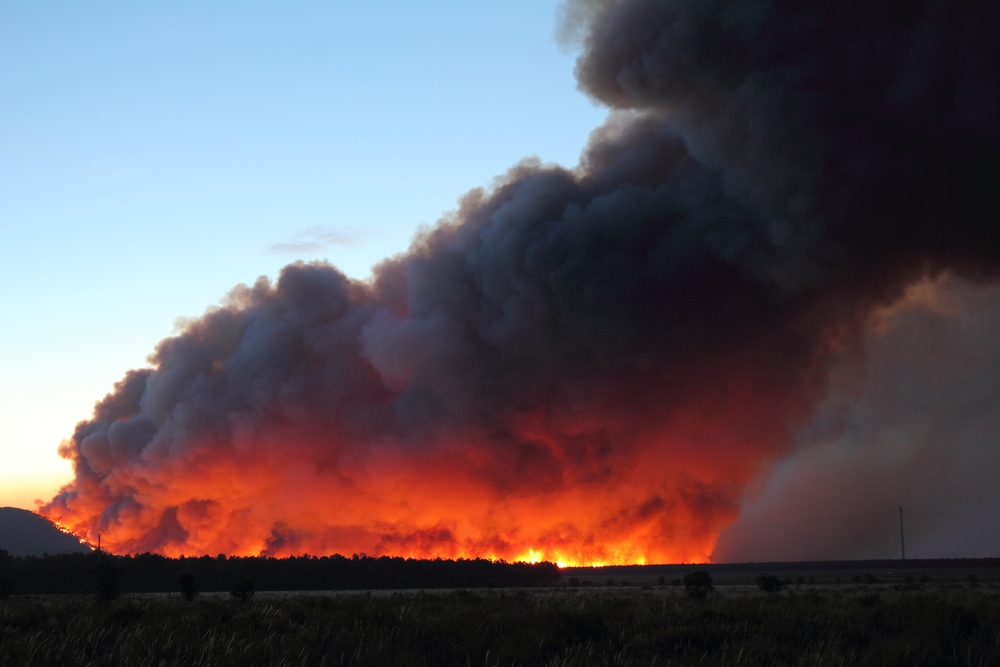Articles by Patrick Mazza
Patrick Mazza is an independent journalist-researcher-activist focused on climate and global sustainability. He was formerly research director at Climate Solutions, and a founder of the group. Currently he serves as a member of 350 Seattle's governing hub and co-facilitator of its Sustainable Solutions Workgroup. His blog is Cascadia Planet.
All Articles
-
Newly discovered super-advanced biocarbon device: anchovy poop!
(At the Northwest Biocarbon Initiative we are constantly on the hunt for ways to improve the carbon storage capacity of natural systems. One of my partners in the project, Rhys Roth, came across this new scientific study on the importance of fish poop. One way to help remove the carbon load in the Earth’s atmosphere! […]
-
Fires, droughts put focus on climate — but will we seize the moment?
Information won't lead to action without proactive planning -- the kind that requires cooperation between government, business, and other groups with a commitment to change.
-
On the verge of revolutionizing the U.S. power grid
Rachel Maddow, a kindred spirit whose heart beats a little faster at the word "infrastructure," has been campaigning recently for more infrastructure spending in the stimulus package. Pointing to the mass blackouts caused by Midwest storms, she asked the other day on her MSNBC show, "Can I put in a request for a grid that works, even in the snow?"
Yes, Rachel, you can! What you want is a smart grid rich in distributed energy resources.
First, it is important to be clear that we have two power grids: a transmission grid, which consists of the big lines carrying power from distant generating stations, and a distribution grid, which carries power in the local area to homes, businesses, etc. Failures on the transmission grid, that's T to us geeks, lead to the really big blackouts like that in the Northeast in August 2003. But most failures -- around 90 percent -- happen on the distribution, or D grid, and they are usually not well publicized.
Electric Power Research Institute estimates that, overall, blackouts and other power disturbances cost the U.S. economy in the range of $119-188 billion (see p. ES-3 [PDF].) By comparison U.S. power customers paid a total of $343.7 billion for electricity in 2007.
The shocking fact is that the costs of an aging and technologically backward power grid adds something like one-third to one-half to our annual electricity costs. Ghost Town Louisville is a poster child, but most power problems do not receive national publicity.
-
Call it ‘green mobility’
With an auto industry bailout careening down the pike, Climate Solutions policy director KC Golden has some vitally needed insights regarding what we need to demand from industry leader GM in return. —– We should not rescue General Motors as we know it. But Congress could use the proposed bailout as an opportunity to begin […]
